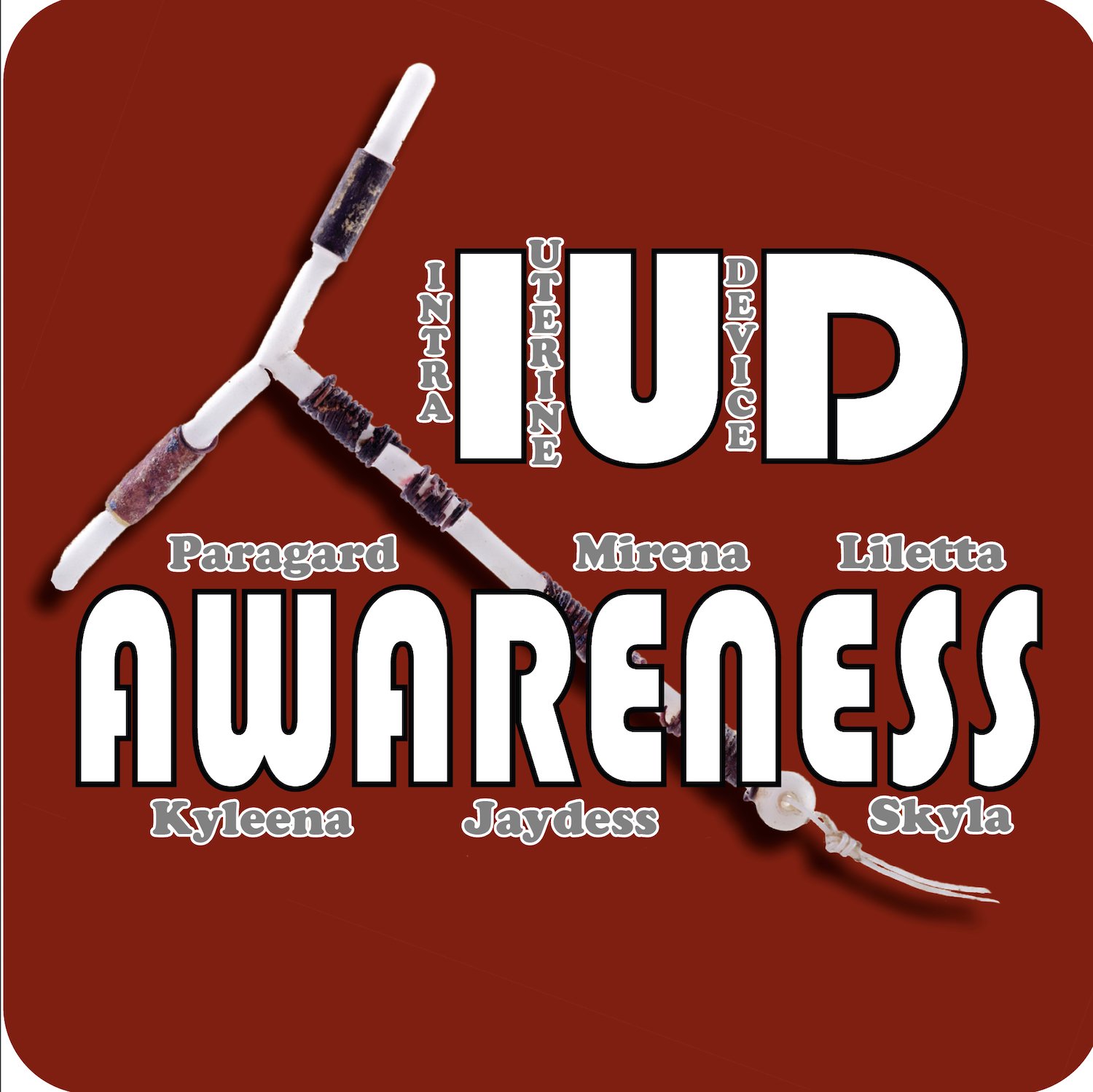4 Crucial Takeaways from “Target Africa: The Harms of US-funded Contraception Campaigns” with Obianuju Ekeocha
/ Internet Link“Here are four crucial takeaways about Western-funded contraception campaigns in Africa that we learned from Uju’s talk.
#1 The strings attached to Western aid
Much like the IUD, Western aid to Africa comes with strings attached. Uju describes how all too often, in order to receive aid, an African organization must first demonstrate how at least some of the aid will go towards “population programs” (i.e., contraception funding). For example, Western organizations will donate money to build a hospital in Africa, with the caveat that a family planning program must be a major component of hospital operations. Or, for another example, when money is given to schools or universities for things like books and buildings, it is given under the condition that the school also implements a contraceptive program for students.
#2 Doctors are fitting African women with contraceptives the West has rejected, and then refusing to remove them
Women in Africa are being given contraceptives that are no longer on the market in the United States—and for good reason (e.g., Norplant, which is similar to Nexplanon’s predecessor Implanon, and is undetectable via X-ray if it goes missing). Further, they’re being prescribed or fitted with these contraceptives with far less public health infrastructure surrounding them (compared to Western countries) to deal with the issues and side effects that come up.
African women (and teen girls) are administered these methods for free, yet are told they must pay prohibitively large sums to have them removed when they request to have them taken out because of severe side effects. Uju describes how teen girls are also being fitted or implanted with long-acting reversible contraceptives (LARCs) while at school, without the informed consent of their parents.”




























History of IUD
IUD Alert